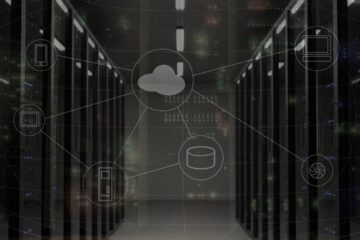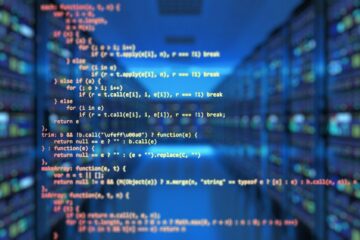![]()
“In the new world, it is not the big fish that misses the little one; it’s the fastest that eats the slowest”
Klaus Schwab (Founder and Executive Chairman, World Economic Forum)
The economy is a place where all the activities like production, consumption, import-export of goods and services that lead to the progress of not only the country but as well as a person as a whole. Without import or export of goods and services, the economy will never be able to sustain or develop. The economy depends upon the dynamic changes. It’s very important to understand that the economy never remains static; it keeps on changing with the changing factors such as culture, the political status, the new laws that are framed for the betterment, etc.
But as the time changes, the economy has modified itself into the digital economy. Now a day it’s both boon and bane in the life of every human being. As in today’s scenario i.e. during the time of lockdown due to COVID-19, every generation from youngster till elder all are busy in attending their online classes or webinars or meetings which are directly or indirectly affecting their brains as per psychologists and doctors.
The digital economy is a new concept to the nation and it has various challenges to be overcome whereas a lot of opportunities waiting to be traded. This will not only bring a new change in the working of the economy but also push the economy towards success. Today, the internet economy is influencing every social life. This is a trap from which no one can escape. Now it has also been entered into our economic activities. The term ‘Digital Economy’ was coined in Don Tapscott’s bestseller The Digital Economy: Promise and Peril in the Age of Networked Intelligence (1995).
The opportunities and challenges of the digital economy mainly includes the first and foremost concept regarding the digital economy is the online trading system taking place between the people living all together in different parts of India as well as the entire world, in other words, the International marketing has increased drastically after the introduction of online business.
It has become very easy to trade online as all the information regarding the size, material, looks are available with images and videos too. Neither the seller nor the buyer has to go far away to buy the products as they are one click away from each other. Now a day, whoever wants to shop from other countries can easily shop online. This digital economy has led to globalization, liberalization, privatization, virtualization as well as the innovation of workstation at a commonplace as a result it makes trading easy and positively competitive.
The digitization has reduced the workload as well as paperwork and increased the probability of efficiency. Before the introduction of the online concept, the workload and keeping the records for the same was a very difficult task, and sometimes getting wrong at places was another hectic task but now it’s a smooth task. It has forced the industry people to rethink the way they go about their business and ensure that the consumer’s demand or welfare is put before anything else.
Start-ups that lead to innovation are boosted at a very large scale where only a one-time initial investment is needed. This structure gives rise to the economy of scales i.e. extra revenue with little extra costs. The companies receive any information regarding their customers as well as competitors. For example, Facebook, Google, Whatsapp, Shein stores massive information about their customer which assists them to know about their buying habits, targeted advertising group, preferences, advertising costs, market positions, dislikes, etc. but on the other hand, it also creates a monopoly in the market which is not a good sign in any economy. Monopolies like Google dominating as a search engine, Facebook as a social media, and Shein as e-commerce. This immobilizes the competition.
Not only the old firms but also the start-ups have pulled up their socks and are moving towards innovation and are determinant to achieve success by adopting the rule of ‘consumers first’. The buyers, as well as the sellers, are now aware of their rights as well as their duties towards each other.
Conclusion
We can conclude with a mix match situation in hand, people have to be cautious in using technology especially when it gets attaché to an economy of a country because then it no longer impacts only individual or a single country rather the world economy as a whole. The concept of the digital economy is mainly removing the gap between the government organization and the general public and also increased the transparency in the work process. It has widened the concept of hope and opportunities in the market.
“As long as we don’t back away from a problem with the fear of losing and fight back with the knowledge of what went wrong, we will win”. – Ashok Kennan (Co-Founder of Happy Hens)



0 Comments